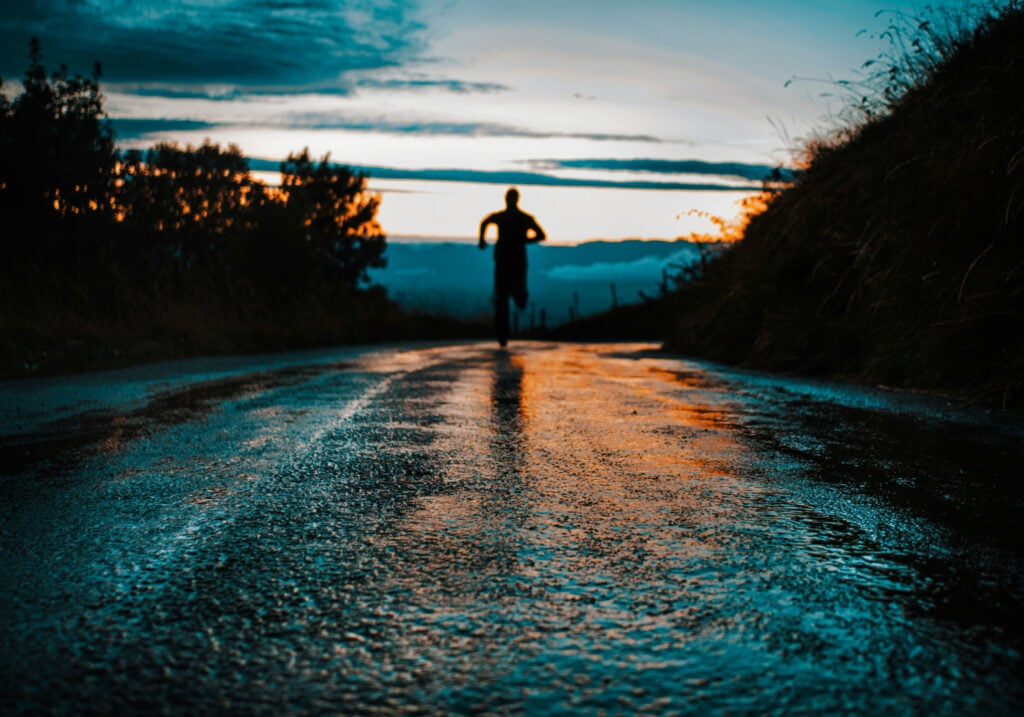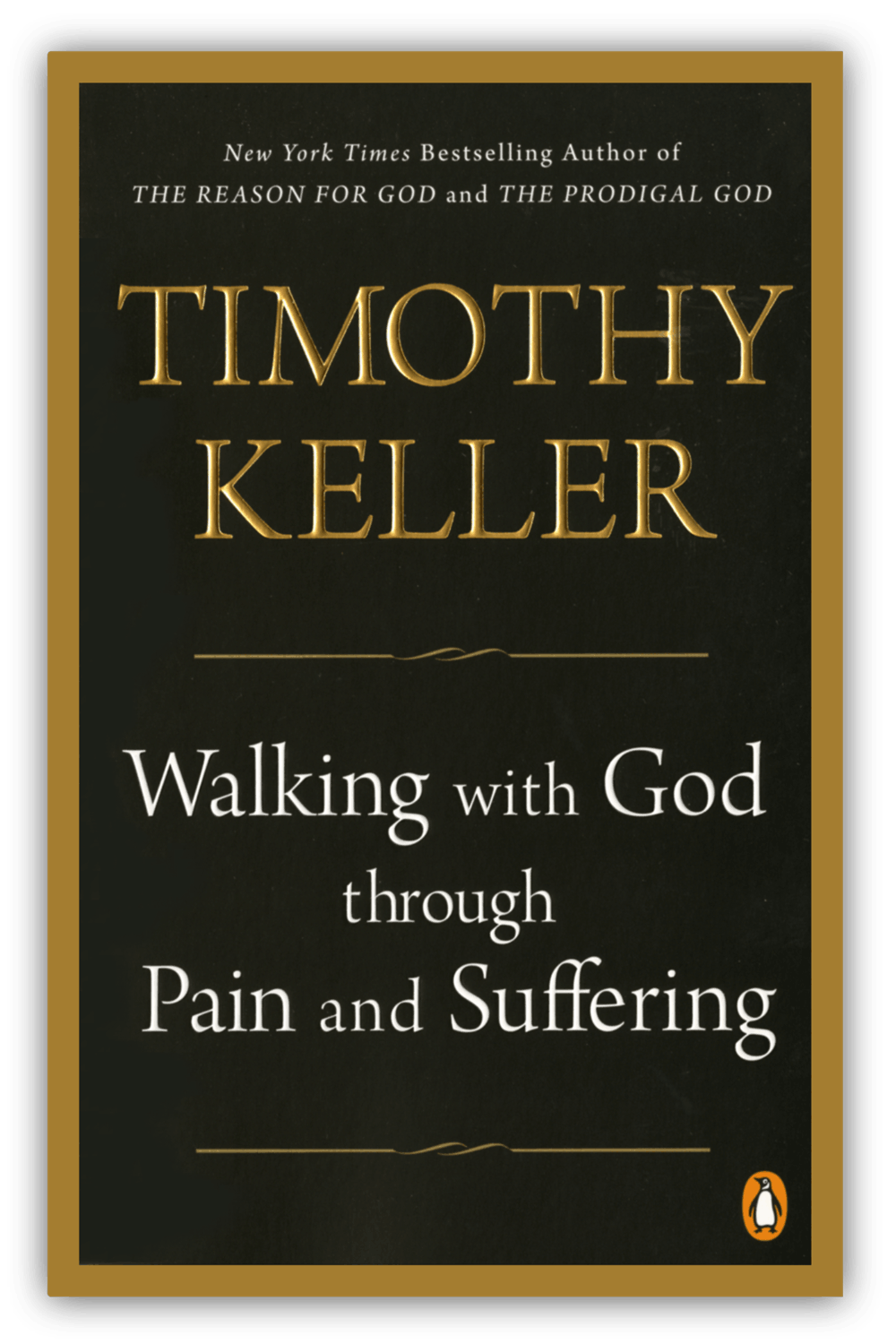WARNING: This article discusses suicide and includes sensitive details that may be triggering to some readers.
For nearly 74 years, I was the quintessential “Doubting Thomas.” I kind of believed God existed, but I was always skeptical. I found prosperity televangelists especially repulsive, who bombarded the airwaves with their hucksterism and constant badgering of hurting people for money so they could live in multimillion-dollar houses and fly around the country in multiple private jets. This has always disgusted me. Doing this was inconsistent with what I perceived to be acceptable to God if he did exist. So, I looked for reasons not to believe. I made several half-hearted attempts to read the Bible, but found the King James Version too difficult to comprehend. So I quit.
Attending law school and becoming a lawyer in 1983 exacerbated my skepticism about the existence of God and the authenticity of the Bible. For the next 41 years after my graduation, I had state and federal court judges tell me in so many words, “Mr. Simpson, I do not care what a lovely lady your client is or that she teaches Sunday school, I want to see the ‘cold hard facts’ that provide evidence your client is entitled to relief under the governing law.”
I heard this demand many times, and I incorporated this admonition into my thinking about the existence of God and the integrity of the Bible. I knew I could never get the Bible with its hearsay, translation, and other legal issues admitted into evidence under the Federal Rules of Evidence to prove the truth of the matters asserted in this document. So my doubts about God and Jesus persisted, and my misgivings supported my lack of belief.
In addition to being a “Doubting Thomas,” beginning when I was 10, I never believed I was “good enough.” My father’s child-rearing philosophy was if you were consistently told you were never good enough, you would try harder to get better at everything. Consequently, I never felt “good enough” until my early forties, when I began to experience some success as an attorney, and only because my colleagues in the law and others began to compliment my trial work. My cases were covered in the local newspaper and discussed on local television. These compliments did not go to my head, but I felt worthy for the first time. Once I finally sensed I was “good enough” in the eyes of others, I knew I could never lose that sense of self-worth.
I felt worthy for the first time. Once I finally sensed I was “good enough” in the eyes of others, I knew I could never lose that sense of self-worth.
When I would read about other lawyers who got into trouble for one reason or another and lost their good reputations, I thought to myself, “Man, if that were me, I would kill myself.” I could not bear the thought of losing my reputation as a “good lawyer” and worthiness as a person. Thus, for 30 years, I harbored a secret plan to kill myself if I ever perceived a serious threat to my reputation as a good lawyer.
In May 2022, I fell and sustained a brain bleed. I did not realize it at the time, but one of the consequences of this injury is temporary loss of memory. However, I returned to work a month later and thought I was doing well. Then, on January 25, 2023, I received an Opinion from the Kentucky Court of Appeals concerning a high-profile case I had won at trial. The Opinion observed that I had not filed a responsive brief, and the trial court decision was reversed. I could not believe what I was reading, but I checked, and I had forgotten to file my brief. I hurt a client for the first time in my career. I thought I had ruined my reputation, and my humiliation would taint my wife and two daughters. I knew I had to kill myself.
I was up all night without sleep. My anxiety and torment were off the charts. When my wife leaned down to kiss me goodbye before she left for work, I knew it would be the last time I kissed her. I love my wife, but I could not live with my malpractice. After she left, I went to a gun shop and purchased the most powerful handgun they had. I did not want to survive and reside in a nursing home. I was always ultra-prepared for anything I set my mind to do. Since I controlled the outcome, I knew I could kill myself. It was going to happen.
I did not want to kill myself in my home, so after leaving a note and my estate planning documents for my wife on the kitchen counter, I took an Uber to my family cemetery in Nicholasville, Kentucky, about 15 miles away from where I live in Lexington, Kentucky. It was about 6:30 PM with 20-degree weather when I arrived. There was no one in the graveyard but me. Initially, I prayed, “God, please make this a nightmare I wake up from.” I figured even if I was a “Doubting Thomas,” I had nothing to lose. Still, I did not expect my prayer to be answered. When one is desperate, one tries anything. My cell phone started blowing up with calls. My wife had found my note. I turned my phone off. I had reached the point of no return. There was nothing anyone could say or do to change my mind. My mistake could not be cured.
I pulled the gun out and decided to test-fire a round into the ground. I saw the bullet rotate into the gun’s firing chamber when I pulled the hammer of the gun back to cock it. I pulled the trigger, and the noise was much louder than expected. The gun kicked my hand back over my shoulder. Dogs started barking in the neighborhood surrounding the cemetery. I was stunned by the loudness of the gunshot.
I did not want someone to see me kill myself, so I called 911 and reported there was a body in the cemetery. The dispatcher told me an officer was en route. I removed the spent shell casing from the gun and placed it in my pocket. I did not want to make any mistakes. I then pulled the hammer back on the gun and saw the next live bullet rotate into the firing chamber just as it had done during the test firing. I placed the gun next to the side of my head and pulled the trigger. The hammer of the gun hit the bullet, but the bullet did not fire. I was dumbfounded. What happened? Then, I saw a police car enter the cemetery about 75 yards away. I thought for a moment about pulling the trigger again, but I froze because I did not want someone to witness my suicide. I quickly put the gun in my pocket.
The police officer drove up next to me. I stammered and told the officer it was a bag, not a body. I apologized that he had to come out. He told me, “No problem. Thanks for calling in anyway.” He drove off, but he did not leave the cemetery. I wanted to finish what I came to do, but not with him there. It was getting colder, so I started walking out of the cemetery, and the thought occurred to call a former close friend, Bruce, also an attorney, who lived in Nicholasville. We had been good friends for many years but had a case opposite one another which got vigorously contested and ended our friendship. I had not talked to him in 5 years.
I did not expect my former friend Bruce to answer the call, but he did. I did not tell him I was in town to kill myself or that I had a gun. I lied and told him my wife and I had an argument, and I came to Nicholasville to “mediate.” I am a horrible liar, and that may have been the most unbelievable one I ever told. Yet, he did not ask questions. He came and picked me up, and we talked for a couple of hours in a bar, all the while I had a loaded gun in my pants pocket minus one bullet. We healed our friendship, but I was still determined to kill myself.
When it was around 11:00 p.m., I asked him to take me back to the gas station across from the cemetery, and I would get an Uber back to my home. Of course, I planned to return to the cemetery to finish my mission once he left. However, when he pulled up at the gas station, I tried to leave his car, but he insisted on waiting for the Uber to arrive. (The Uber was never going to come.) I tried getting out of his car three times, but each time he stated he would wait for the Uber. I realized I was not going to be able to kill myself in the cemetery. He finally told me he would take me home.

As Bruce drove over the top of the hill on my street, we observed five or six police cars in front of my house. Bruce demanded to know what was going on! I made up another feeble lie. The police were all inside my home when Bruce drove by. I asked him to drop me off about a block and a half away, which he did. As I departed his car, he grabbed my arm and asked, “You are going home, right?” I lied again and said yes, but I was not going home. I was going to kill myself. I was locked on death.
After exiting Bruce’s car, I walked down into a large stormwater detention basin and pulled my gun out for the final time. Then, it dawned on me that he drove me 15 miles back home after I spent more than two hours with him and told him I was walking home. Now, I kill myself? How was he going to live with that? So I paused momentarily because I knew I had to do it then. As I was milling around the detention basin approaching its ridge, I had a sudden overwhelming sense of calm and peace envelop my entire body. Inside my head, I received a comforting message which said, “Bruce, you are not going to kill yourself. You are going to be okay, and you are going to be equipped to handle the aftermath of your suicide attempt. You are going to be fine.” All the anxiety and irrational thinking that compelled me to kill myself vanished. Bewildered, I could not believe what I just heard. Before January 25, 2023, I never thought this could happen. It happened.
After my surreal experience in the detention basin, I walked home. Upon my arrival, I was patted down for weapons, handcuffed, placed in the backseat of a police car, in front of my family and friends, and taken to Eastern State Hospital, the oldest continuously operating state psychiatric facility in the United States. I was there for almost four days under involuntary confinement. I met my first mental health professional and started on medication.
Upon my release from Eastern State Hospital, I met with my clients and apologized. I gave them the time limit within which they could sue me. I reported what I did to the Kentucky Bar Association, which regulates lawyer conduct. I was then fired from my law firm. Despite the most traumatic events of my life, I have never been afraid of my uncertain future. I needed to work. I had bills to pay, but I also needed to heal and recover. I kept asking the doctor who diagnosed me with severe and chronic depression, along with “imposter syndrome,” how I got in such bad shape. He explained that my intense early upbringing and being told I was never good enough likely had much to do with my prolonged misery.
My mental health treatment in the last 18 months has been of significant assistance, no question. But I began to level off in my treatment about six months after my release from the hospital. I had so many questions regarding, “Now what? Where do I go from here? How do I avoid descending back into that unstoppable spiral to the most forbidding place no human being should enter? Do I have to see a therapist for the rest of my life? Do I have to depend on their guidance about how I should think? Would I have to embrace their values about the guideposts for future living?” I knew I had to learn more about the types of mental health therapy and medication. During the last 18 months since my suicide attempt, I have read 13 top-rated books from credentialed psychologists, psychiatrists, and clinical social workers. I wanted to get the best treatment available.
Nine months after my suicide attempt, I started sharing my story on social media platforms like LinkedIn, Facebook, and Twitter. I penned a cover story for the December 2023 edition of the American Bar Association Journal, Kentucky Bar Association magazine, and other publications, including a front-page story in my hometown newspaper’s August 23, 2023, edition of the Lexington Herald-Leader. What I did not disclose then, out of fear of not being believed and/or mocked, was what happened to me in the detention basin. I thought people would think I was a religious kook. In November of 2023, a fellow attorney and LinkedIn member, Bryan O’Keefe from Washington, D.C., read one of my posts and asked if I had read anything by Tim Keller? I confessed I had never heard of Tim Keller. Bryan began sending me Tim’s video sermons, and my life with Christ began.
I was mesmerized by Tim Keller’s explanation of the gospel. I began reading the Bible and Tim’s daily devotional. In the last 18 months, I have watched more than 200 hours of Tim’s sermons and read 11 of his books. My favorites are The Reason for God, Counterfeit Gods, and The Freedom of Self-Forgetfulness.
My idol worship almost cost me my life.
These books were intended for folks like me who suffer with an identity crisis, constantly striving to satisfy other people’s expectations of how we should live, or in essence, “to be good enough” in someone else’s eyes. The message in these three books and my thrice weekly viewing of Tim’s sermons have helped me develop a personal relationship with God and experience a quality of life I never imagined. I am functioning better as a person and a lawyer at age 75 than ever. I no longer worship “counterfeit gods.” I no longer care what others think of me or what I think of myself. I only care what the Lord thinks of me. I learned this critically important life lesson from Tim Keller when he enlightened me that for most of my life, I had been engaged in idol worship, where my idol was my unrequited need to be viewed by others as a “good lawyer.” It was something I could not live without. My idol worship almost cost me my life.
I cannot adequately describe the incredible joy and relief that comes from finally being relieved of the burdens of meeting self and others’ expectations. I worship the only true God today and pray each day to do his will, not mine. I will always be grateful to Tim Keller for leading me to the Lord and helping me in my faith journey, which is why I make myself available to speak with and sometimes meet anyone who is contemplating suicide.
I encourage folks to call 988, [which is a 24/7 suicide and crisis lifeline,] if they are in a crisis and need professional help. I explain to those who contact me that I am no therapist, nor do I hold myself out as one, but that I have been to a place that they do not want or need to go. I share with them that there is a path forward that is not encumbered by misery, and that the Lord has created a path for all his children to follow, survive, and thrive on his earth.




